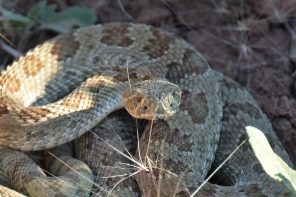I would be a person who “used to write” if it weren’t for resources like those I’ve discussed in previous posts. And, as I have said, I need to keep myself newly and freshly nourished, too. So, I am always on the search for resources that can newly inspire me and offer me tools to share with the writers I lead.
My newest discovery is 642 Things to Write About, a book that offers 642 invitations to writers like me. Like you. It’s just what I need. What you need.
This unique compilation comes to reader-writers from the San Francisco Writers’ Grotto, 35 of whom shared various writing ideas. In under a day, this collection can carry a writer through a year of writing life, easily. If the threat of a regimented writing life scares you, this book will calm you. First, it’s paperback. Comfortable. Casual. Approachable. It looks like a stack of three-hole-punched loose leaf notebook paper. How scary is THAT?! The pages inside the cover possess the marbled texture of a familiar composition notebook, but if that image brings back the sting of a school marm’s “corrections” on your high school English class essays, then you’ll enjoy the fresh, calming blue color of this reimagined image.
Once you move beyond these initial impressions, you’ll will breathe even easier. While the title may propose a daunting task – WRITE ABOUT THESE 642 THINGS!! – you’ll be relieved to see that the topics are doable, and the book provides space for you to respond to the topic. Sometimes it’s a whole page. Sometimes it’s half a page. Sometimes, it’s just a square portion of part of a page. No big deal! All you need is a pen.
The topics aren’t dated. They aren’t in order. They’re just sweet little invitations. Take them or leave them. Skip some. Come back. Move around. Do one a day. Do two a day. Do two a week. Whatever you like. Just write … because this book will make you want to write. I know it will.
Po Bronson of the San Francisco Writers’ Grotto agrees. “[This is] a lesson in hidden potential,” he writes. “You never know what might happen. In a single day, if you hit the right nerve, you could have something — maybe it’s the start of something, maybe it’s the whole thing. You just have to … plunge in.”
That’s what I’m about to do. The very first prompt (“What can happen in a second”) has me thinking. I’ll keep you posted.





